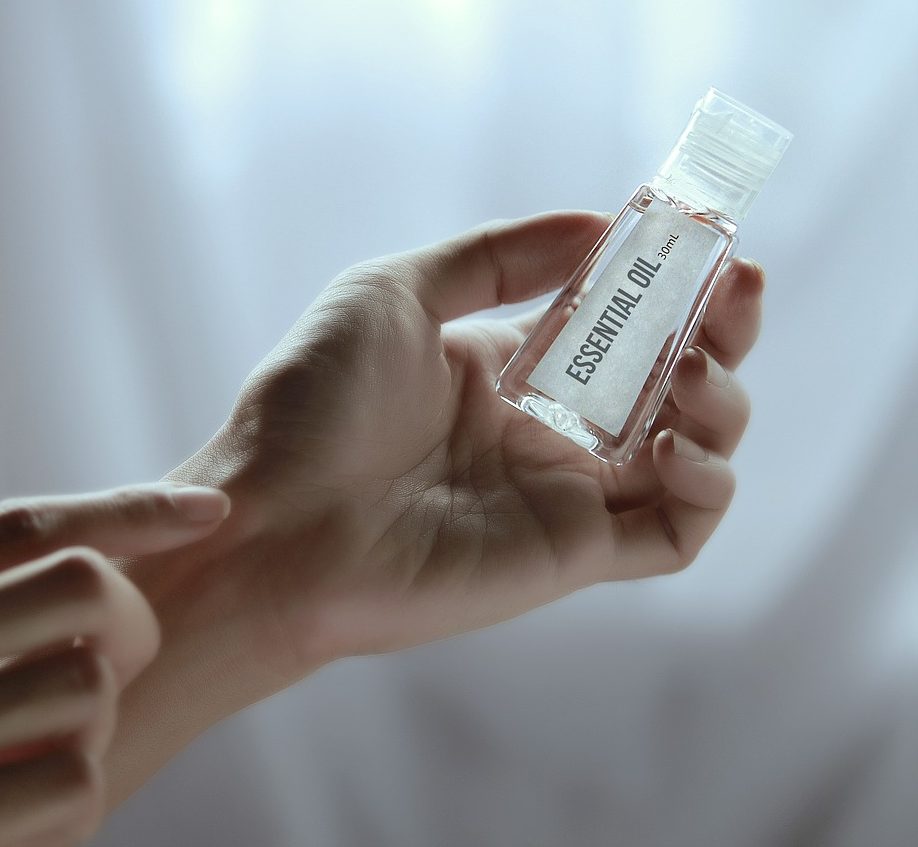The Ultimate Guide to Amazon Health & Personal Care


With the convenience of 2-day shipping and a huge product selection, Amazon is many shoppers’ first stop when they need to purchase something. Basic necessities — from toilet paper to protein powder — are no exception.
Since Amazon first introduced the Health & Personal Care category in 2013, it has grown to be worth over $5 billion on Amazon alone.
In 2018, health-related subcategories like health care and nutrition were the main drivers of growth, with an increase in sales of 55% and 50% year-over-year respectively.
With high-profit margins and a wide range of products, many sellers see the Health & Personal Care category as a great opportunity to turn a profit.
Here’s what you should know before you take that leap.
If the phrase Health & Personal Care sounds incredibly broad, that’s because it is. On Amazon, this product category ranges from essential oil to fabric softener.
The subdivisions under Health & Personal Care include:
Each of these subdivisions has several subcategories of its own. Amazon also highlights featured categories such as Earth Friendly, FSA Eligible Products, and products available through Prime Pantry or Subscribe & Save options.
At the time of writing, the current bestsellers in Health & Personal Care include both Amazon’s own brands and top name brands:
While this list changes hourly, we can infer two things:
Amazon has four private label brands dedicated to the Health and Personal Care category:
As seen in the bestsellers list above, AmazonBasics also makes an appearance with private label batteries. Amazon’s original private label also offers lightbulbs, cleaning cloths, a medicine ball, plastic cutlery, trash bags, and more.
This is good news for frugal customers, but can be frustrating for sellers — competing directly with AmazonBasics makes it harder to get your product in front of customers and win the coveted “Best Seller” or “Amazon’s Choice” designations.
Now that we know what this category looks like on Amazon, let’s zoom out and consider the industry as a whole.
Because this product category is so broad, it spans several industries, including household supplies, baby and child care, vitamins and supplements, health care, medical supplies, sexual wellness, and sports nutrition.
While each of these industries has its own competitive landscape, here’s a snapshot of how some are performing:
Overall, this is a huge market with a lot of opportunities — and a lot of competition, especially as ecommerce sales continue to increase in these categories both on Amazon and elsewhere online.
On the surface, high-profit margins and the inherent credibility of Amazon make the Health & Personal Care category seem like a goldmine for sellers.
However, maintaining that credibility — especially in highly-regulated categories like over-the-counter medications and medical equipment — means stringent requirements.
In early 2017, Amazon introduced new requirements for sellers in the Health & Personal Care category, citing “customer concerns about product quality, product branding, and consumer safety.”
Sellers must follow these requirements to be “ungated” and allowed to sell on the platform:
Must be enrolled in the Professional seller plan with the following metrics:
Product Requirements for Health and Personal Care:
(Learn more about these restrictions and how to work with Amazon’s requirements in this post.)
Oh, by the way: The ungating process can take up to six months (and a significant upfront investment).
While these requirements may seem intense, they also give sellers lucky enough to be “ungated” a level of inherent credibility.
This makes Amazon more like a traditional drugstore or big box store, such as Walmart, Walgreens, Target, and CVS; if you wouldn’t find it on a shelf there, it’s relatively unlikely you’ll find it in the Health & Personal Care category on Amazon.
And they’re keeping up with the competition: In 2018, Health & Personal Care sales on Amazon made up 44.3% of total ecommerce sales of health, personal care, and beauty products in the US. Clearly, their strategy for this category is working.
If you are actively selling products in the Amazon Health and Personal Care category, you’ve probably noticed an increase in competition, not to mention the fact it’s now much harder for new sellers to get access than it was 4 or 5 years ago.
So, how can supplement sellers differentiate themselves in one of the most competitive categories on the Marketplace?
According to Abis Hussain, Senior Marketing Officer at Relevium Technologies Inc. implementing Enhanced Brand Content and building an Amazon Store was critical for the success of BioGanix on the Marketplace.
Today, BioGanix currently offers 35 dietary supplement products and is considered one the best-selling products in the Health and Personal Care category on Amazon.
In the following interview, Hussain reveals why BioGanix is utilizing Amazon creative content to redefine their brand and how they plan to stay competitive.
For more information on selling in the Health & Personal Category on Amazon, email [email protected]
